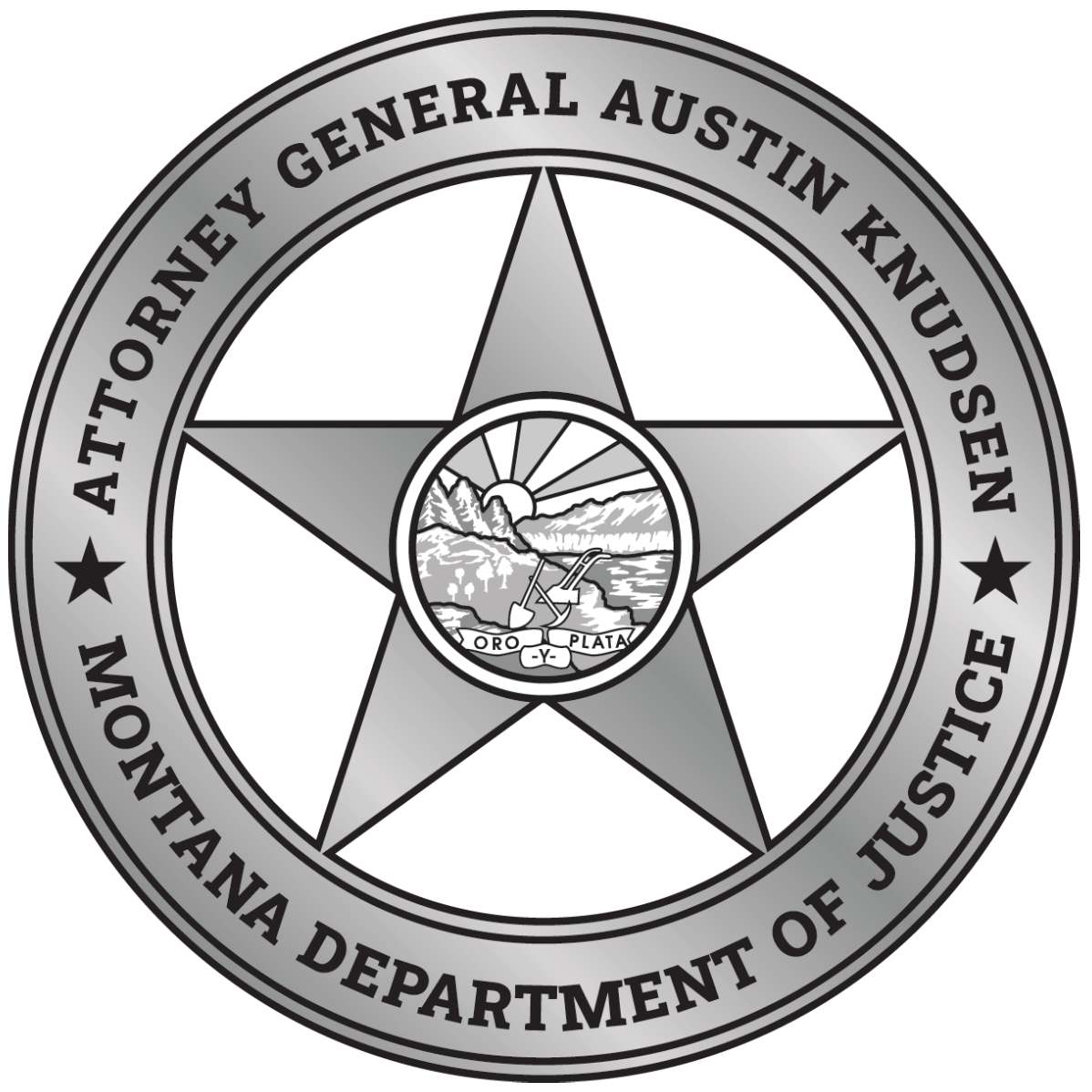Disclaimer: The Department of Justice expends considerable effort to ensure that the attorney general’s opinions appearing on our website are true copies of the originals on file in our office. However, we cannot guarantee the accuracy of a printed copy that you did not personally download from the website.
| Volume & Opinion Number | Opinion Held | Date Issued |
|---|---|---|
| 46-27 | Pursuant to Mont. Code Ann. §§ 17-3-222 and 20-9-331(2)(a), a county must allocate its share of funds provided by the federal government to the State under the Taylor Grazing Act, 43 U.S.C. § 315i, 50 percent to the county general fund and 50 percent to the equalization account of the elementary BASE funding program. | 12/31/96 |
| 46-26 | The office of county commissioner and the position of county coordinator of disaster and emergency services are incompatible, and one individual may not hold both simultaneously. | 12/12/96 |
| 46-25 | Montana law does not permit a public employer to offer a “cash out” benefit to employees whereby the unused accumulated vacation leave credits of a public employee who is not terminating employment are “bought back” by the employer. | 10/17/96 |
| 46-24 | The proceedings of the Montana Life and Health Insurance Guaranty Association (MLHIGA) board of directors are subject to the Open Meeting Law, Mont. Code Ann. tit. 2, ch. 3, pt. 2. Thus, the MLHIGA may close a meeting only when and to the extent that the demands of individual privacy clearly exceed the merits of public disclosure. | 10/10/96 |
| 46-23 |
|
08/16/96 |
| 46-22 |
|
07/22/96 |
| 46-21 | In a council-mayor form of government, the mayor, in the exercise of his statutory authority to manage and supervise the municipal police force and absent an ordinance to the contrary, may designate an officer to serve as assistant police chief without prior approval of the municipal council. | 07/03/96 |
| 46-20 |
|
06/28/96 |
| 46-19 |
|
06/25/96 |
| 46-18 | Subject to the limitations contained in Mont. Code Ann. § 53-21-132(2), the county of residence is financially responsible for costs incurred in connection with the detention and precommitment custody of persons taken into protective custody pursuant to Mont. Code Ann. § 53-21-124 or -129. | 06/05/96 |
| 46-17 | Uniform health benefit plans, authorized by 1995 Montana Laws chapter 527, must include coverage for the services and articles specifically referred to in sections 33-22-245 and -522 and the mandated benefit provisions of title 33, chapter 22. | 06/03/96 |
| 46-16 | Any extension of a delineated municipal jurisdictional area extending beyond the corporate limits of a municipality must be accomplished following the procedure mandated by Mont. Code Ann. § 50-60-101(10) and Mont. Admin. R. 8.70.211, which require a municipality to submit and the Department of Commerce to act upon a new request for approval of the extension. | 04/04/96 |
| 46-15 | A city with general government powers must add any excess cash balance into the calculation of its annual budget and may not use such cash to create a ten-year irrevocable trust fund operated by a third-party trustee. | 04/03/96 |
| 46-14 | A charter form of government may combine legislative and executive powers in the government’s legislative body. | 03/19/96 |
| 46-13 | A self-governing city has the authority to establish conditions for garbage collection companies within its city limits, unless the city’s conditions are established in a manner that: (1) is prohibited by constitution or charter, (2) prohibits the grant or denial of a certificate of public convenience and necessity, or (3) is inconsistent with state law or regulation. | 02/28/96 |


